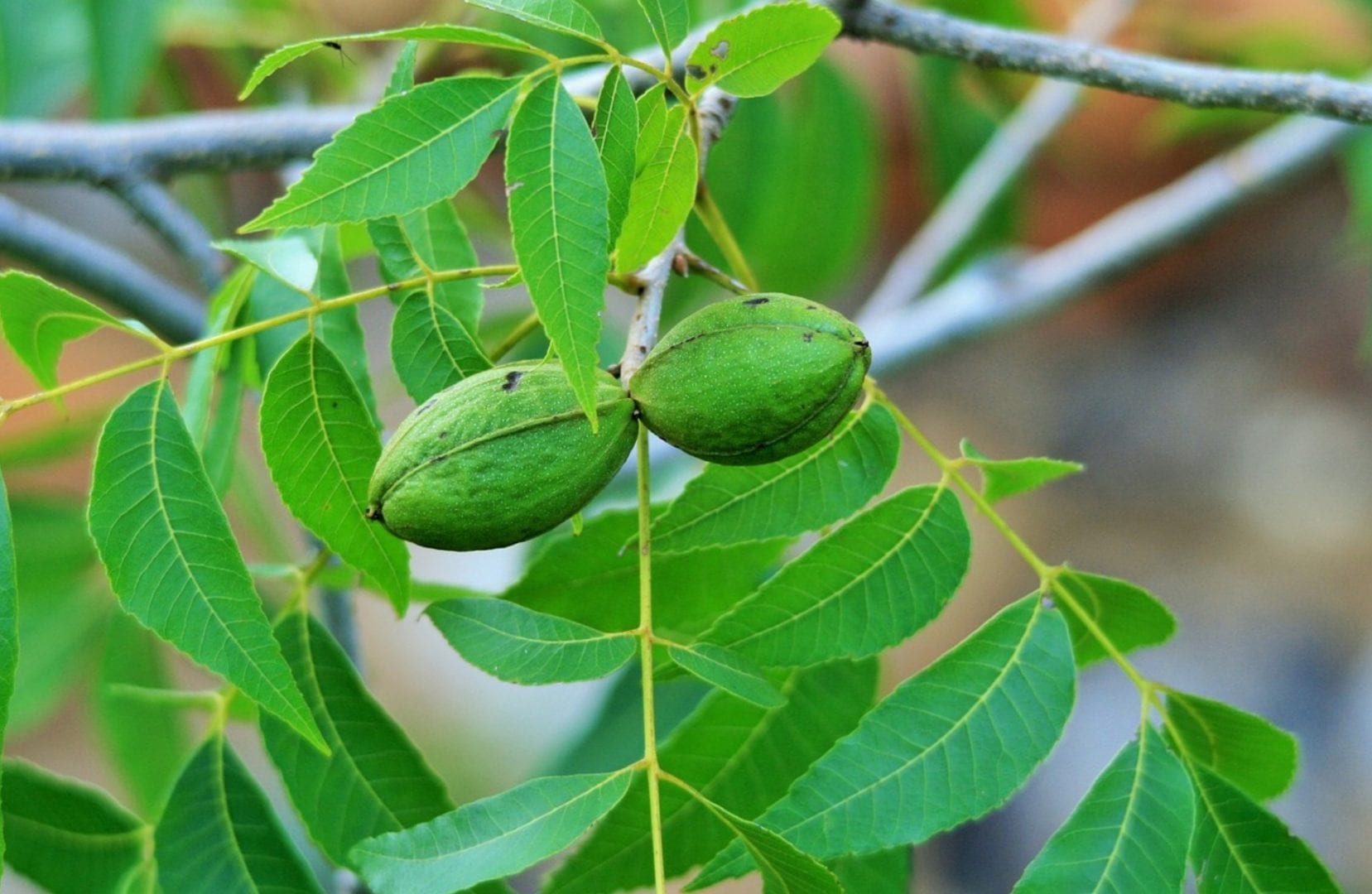Can You Grow Pecan Trees in Kentucky? A Nutty Idea?
Dreaming of fresh pecans straight from your backyard? If you're in Kentucky, you might be wondering if this dream can become a reality. Can pecan trees actually thrive in the Bluegrass State? The answer, like a good pecan pie, is nuanced and layered. Let's crack it open.
While Kentucky isn't traditionally considered prime pecan territory, the possibility of growing pecan trees here isn't entirely nuts. Certain varieties can indeed flourish in the state's climate, provided you understand their specific needs and potential challenges. Cultivating pecan trees in Kentucky requires careful planning and nurturing, but the reward of homegrown pecans might just be worth the effort.
Historically, pecan trees are native to the southern and central United States, with a range extending from Illinois down to Texas. Kentucky, sitting at the northern edge of this traditional range, presents a unique set of conditions for pecan cultivation. The state's climate, with its distinct seasons and varying temperatures, can pose some challenges for pecan trees, especially those varieties accustomed to longer growing seasons and warmer winters.
The importance of pecan trees, wherever they grow, goes beyond just their delicious nuts. They provide shade, support wildlife, and can even contribute to local economies. In Kentucky, successfully cultivating pecan trees can mean access to locally-sourced pecans, a rewarding hobby, and a potential contribution to the state's agricultural diversity.
One of the main issues concerning pecan tree cultivation in Kentucky is choosing the right variety. Northern pecan varieties, bred for hardiness and shorter growing seasons, are your best bet. These varieties are more likely to withstand Kentucky's winter chills and still produce a good crop. Selecting the appropriate variety is crucial for success and lays the groundwork for a thriving pecan tree.
Northern pecan cultivars, like 'Major', 'Kanza', and 'Peruque', are well-suited to Kentucky's climate. These varieties have been specifically developed to withstand colder temperatures and shorter growing seasons, increasing their likelihood of success in the state.
A major benefit of growing pecan trees in Kentucky is the potential for fresh, locally sourced pecans. Imagine pecan pie made with nuts harvested right from your yard! Another benefit is the environmental contribution. Pecan trees provide shade, habitat for wildlife, and help sequester carbon dioxide. Finally, the sheer satisfaction of nurturing a tree and watching it bear fruit is a reward in itself.
Successfully growing pecan trees in Kentucky begins with selecting a suitable site. Choose a location with well-drained soil and full sun. Next, acquire healthy saplings of a northern pecan variety from a reputable nursery. Plant the sapling in the spring, following proper planting techniques to ensure its establishment. Ongoing care involves regular watering, especially during dry periods, and fertilization to support growth and nut production.
Advantages and Disadvantages of Growing Pecan Trees in Kentucky
| Advantages | Disadvantages |
|---|---|
| Fresh, local pecans | Longer time to maturity compared to southern regions |
| Environmental benefits (shade, wildlife habitat) | Potential for crop loss due to late frosts or early freezes |
| Personal satisfaction of growing your own food | Requires specific variety selection for Kentucky's climate |
Best Practices: 1. Choose northern varieties. 2. Plant in well-drained soil and full sun. 3. Water regularly. 4. Fertilize appropriately. 5. Prune for shape and air circulation.
Challenges and Solutions: 1. Scab disease: Use resistant varieties and fungicides if necessary. 2. Pecan weevils: Implement trapping and sanitation practices.
FAQ: 1. How long does it take for a pecan tree to produce nuts? Answer: It can take several years, often 5-7 years or more. 2. What are the best pecan varieties for Kentucky? Answer: Northern varieties like 'Major', 'Kanza', and 'Peruque'. 3. How do I fertilize my pecan tree? Answer: Consult a local extension office for soil testing and fertilization recommendations.
Tips and Tricks: Protect young trees from winter damage by wrapping the trunk. Monitor for pests and diseases regularly. Join a local gardening group or online forum for advice specific to Kentucky.
Growing pecan trees in Kentucky presents both challenges and rewards. While the state's climate might not be ideal for all pecan varieties, selecting hardy northern cultivars and following proper planting and care techniques can increase your chances of success. The ability to harvest your own fresh pecans, contribute to the local environment, and enjoy the satisfaction of nurturing a fruitful tree makes the effort worthwhile. By carefully considering the specific needs of pecan trees in Kentucky and implementing best practices, you can turn the dream of homegrown pecans into a delicious reality. So, if you're a Kentucky resident with a green thumb and a love for pecans, consider embarking on this rewarding horticultural adventure. With patience, care, and the right approach, you might just find yourself enjoying the sweet taste of success, one homegrown pecan at a time. Connect with local experts, explore online resources, and discover the unique joy of growing your own pecan trees in the heart of Kentucky.
Not nyt crossword clue
Dynasty baseball trade calc
Unveiling the beauty tattoos for women on the forearm














